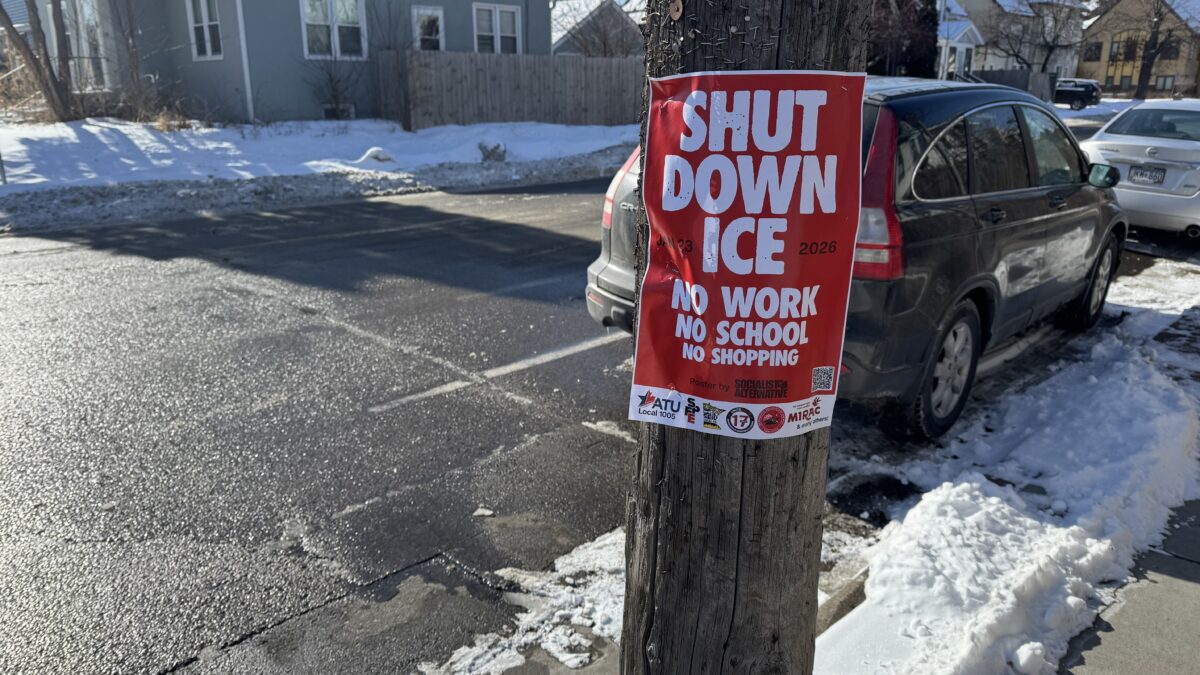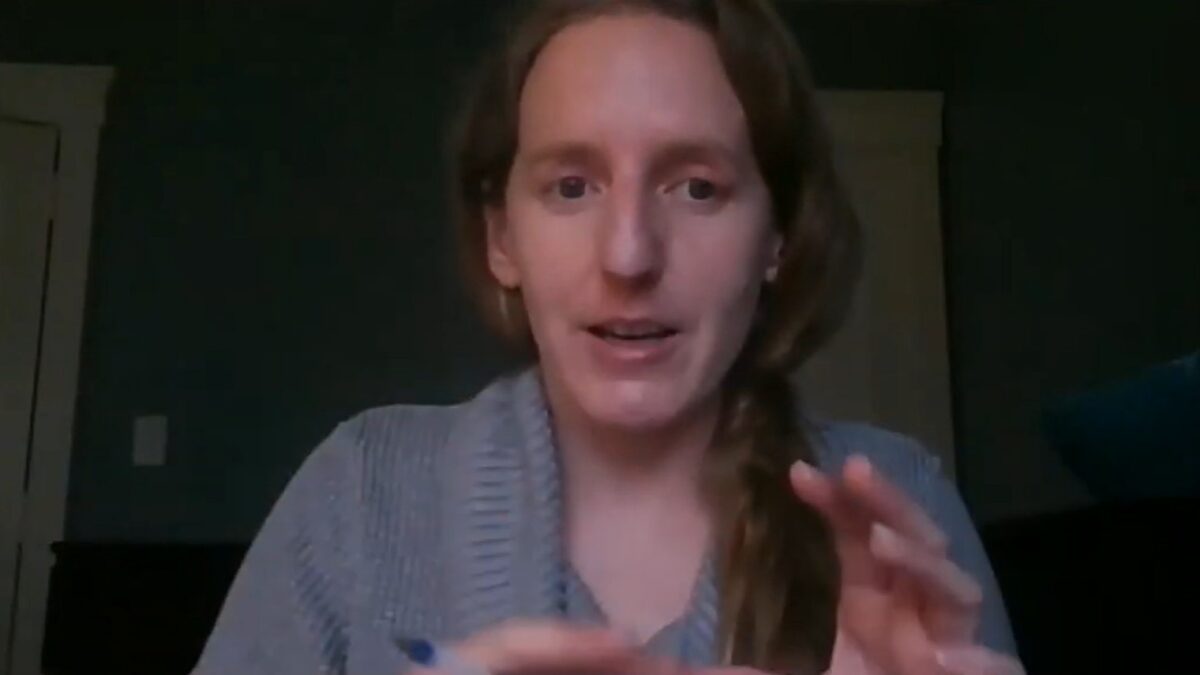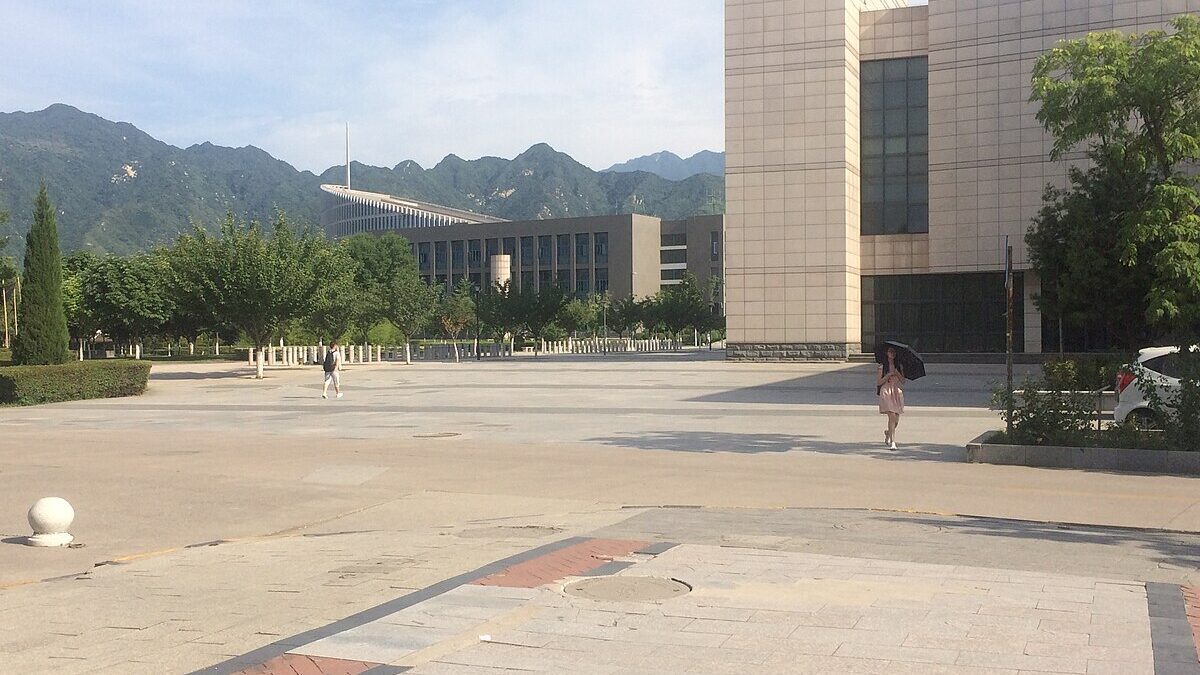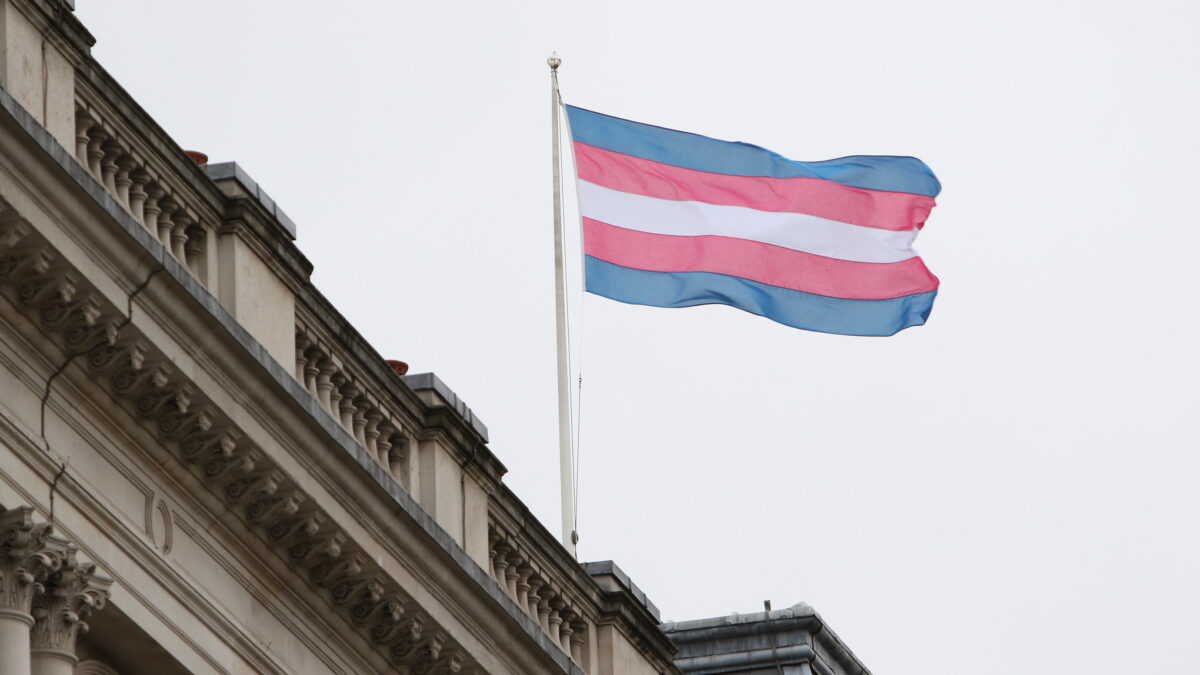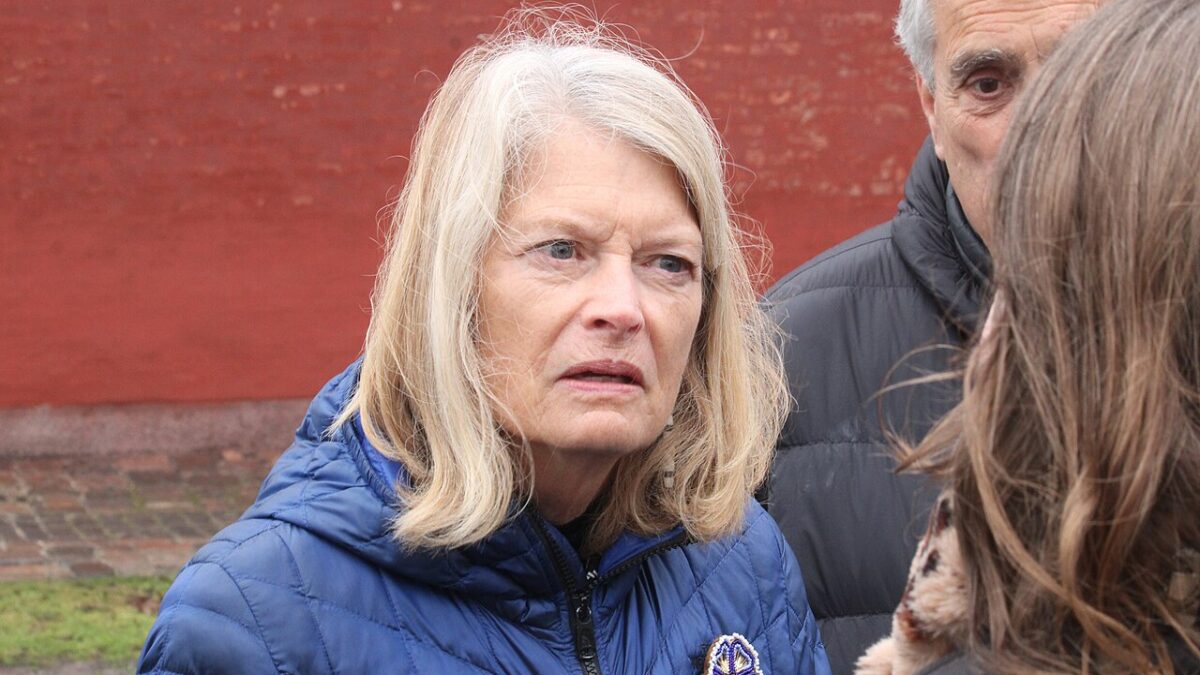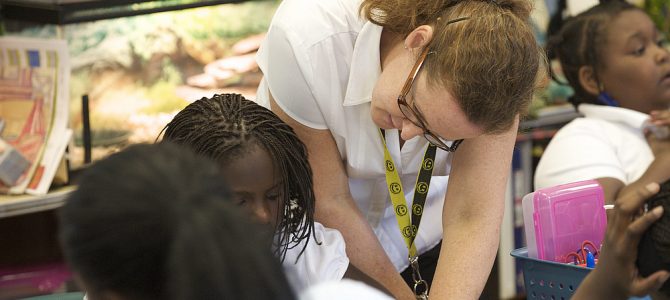
In the wake of the election results, many articles have come out to guide teachers in what to discuss with students. At Manhattan Country School, a private school, the students and staff came together to sing “We Shall Overcome.”
Hamilton Clark, principal of the elite World School in Chelsea, sent an e-mail home to parents saying that many faculty members “were at the Javits Center and were incredibly disappointed as they learned how the night was going for their candidate.” Another top-notch private school, the Little Red School House in Greenwich Village, sent an e-mail saying “This week’s election results have hit many of us hard, so, let’s gather and talk about the kids’ feelings and our feelings.”
Another private school, Avenues, brought in therapy dogs to help students cope. Of course, all of this assumes a very particular political view for families and their students and projects it onto students.
According to the New York Department of Education, New York City schools Chancellor Carmen Fariña sent an email to school principals, superintendents, and staff stating that “As leaders, it is our responsibility to project a sense of calmness and confidence.” In Nashville, school counselors were provided “special post-election protocols” for students who ask for counseling due to the election results.
Educator Ali Michael wrote in The Huffington Post before the election that, should Trump win this “traumatic election,” educators should tell their students that “that we will protect them. Tell them that we have democratic processes in the U.S. that make it impossible for one mean person to do too much damage. Tell them that we will protect those democratic processes ― and we will use them ― so that Trump is unable to act on many of the false promises he made during his campaign.” This, again, is highly partisan speech from teachers to students.
One teacher tweeted that parents expect teachers to raise their children:

Other teachers shared what they would be telling students. “Should I mention, yet again, that I was adamantly ‘with her’ in this election?” asked Emmy Bouvier. Teacher Cait Carr tweeted that “it is my duty as a teacher to come to school today and teach my students how to lose graciously and to be accepting.” Other teachers dreaded going to school because they didn’t want to face students who supported Trump. These examples, and countless others, are causing many in education and beyond to consider what political speech is appropriate between teachers and students.
It’s a Teachable Moment, Not a Parenting Moment
Mother of two Bethany Mandel said teachers should do little more than say “It’s okay, move on, you’re safe here, and let’s focus on our work.” Their job is not to parent children: “Their job is teaching math. Leave the parenting to me. They aren’t mental health professionals.”
Math teacher Matt Enlow agreed, saying he could help students through a teachable moment without getting political by relating humility, respectful disagreement, and a healthy dose of skepticism to his own subject matter.
“The most important thing for us has been to make sure students feel safe and comfortable and their opinions are heard and respected, while also teaching them to respect the opinions of others,” said Daniela Anello, head of the DC Bilingual Public Charter School. This is an opportunity, she said, for teachers not only to teach about the democratic process, but social skills. ”This election season gives teachers a perfect opportunity to teach our students about the democratic process and to practice what it means to be an independent thinker who can share their opinions with others but also able to understand different people’s perspectives.”
While students are invited to discuss the election, Anello said it is important that teachers do not make students aware of their personal opinions. “The approach we’re taking is giving students a chance to share their thoughts and respect each other’s thoughts. The teachers are being very careful to not project their own feelings about the election onto the students, and that’s really important to us.”
Any political speech from teachers is a violation of public trust, said Matt Frendewey, who works in education policy.
“Any teacher should use common sense. They’re a public employee, they’re put into a place of trust, they’re using tax dollars and public resources,” he said. “To promote a candidate over another candidate is an offense on two levels. The first is just the right use of public resources. Number two, it’s a violation of trust. Parents need to trust that they can enroll their kid into a school and know that their own tax dollars aren’t going to be used to politicize.”


